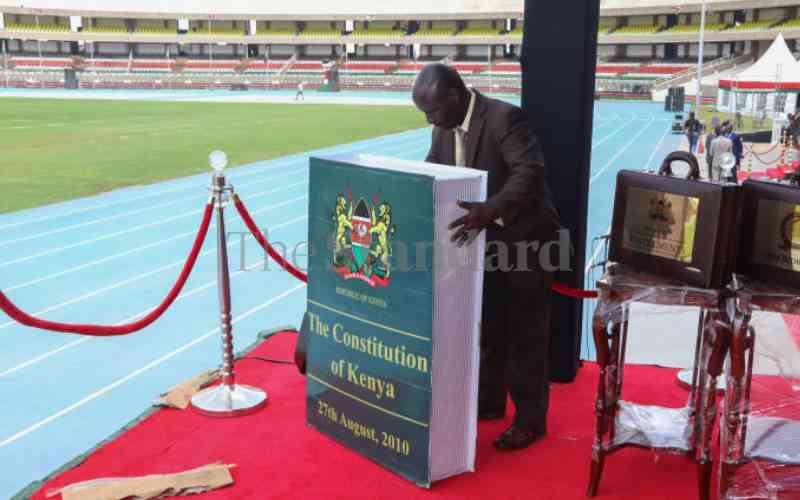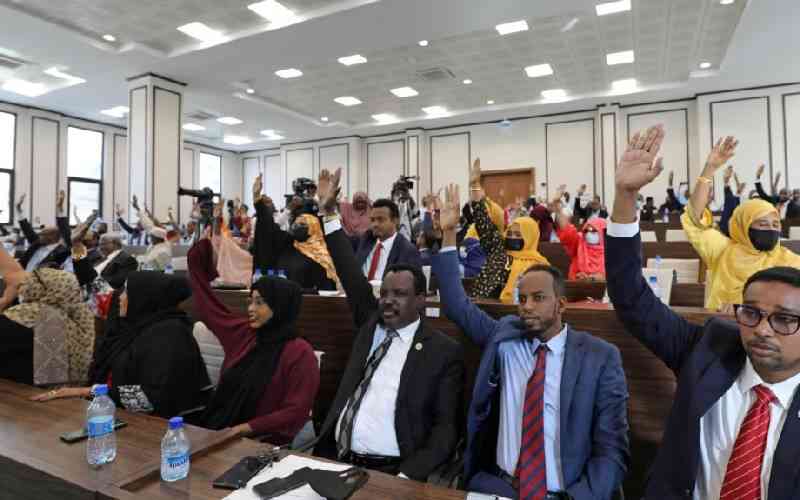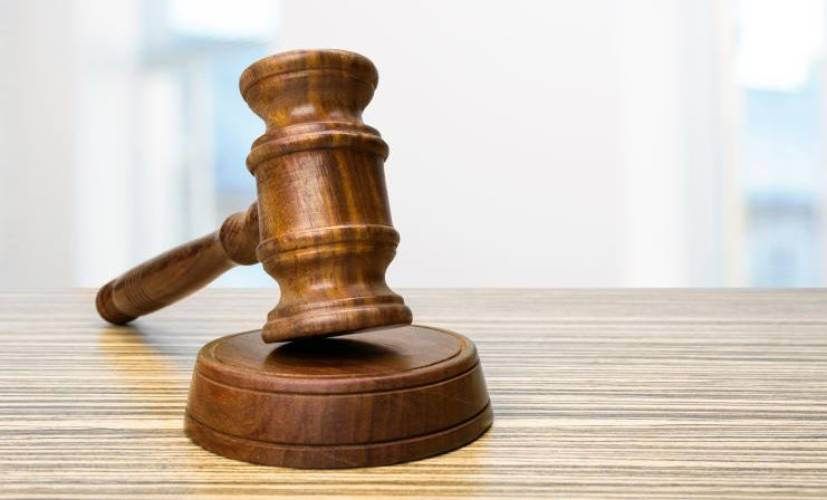On July 24, Justice Mumbi Ngugi rendered a decision which will continue to cause momentous reverberations in the political sphere. Interestingly, the issue before Judge Mumbi was quite innocuous. Samburu Governor’s lawyers had sought the court’s review of his bail terms which had required that he does not access his office during trial, arguing interalia that they resulted in defacto suspension of the Governor from office in a manner not anticipated by the Constitution. In normal circumstances a Judge would either have agreed with the request or denied it and left it at that. But Judge Mumbi has never been a rank and file judge.
She has been responsible for some of the best considered judgements on human rights and waded into areas that other Judges are hesitant. She has been honoured by both the International Court of Justice and Law Society of Kenya as “bold, courageous and independent in her judgements and rulings and for “breathing life into the law even as she challenges and coaxes our thinking.”
It is therefore not surprising that she used the opportunity granted by the review application to question efficacy of elected officers continuing to hold office while undergoing trial for integrity related offences. While the law had always been clear that appointed officers would be suspended from office during the pendency of their trail for corruption, the courts had never considered in depth the position of elected leaders similarly charged with corruption. Judge Mumbi waded into this arena and asked disturbing questions that everyone who believes in giving chapter 6 life must consider, even if they legitimately disagree with the Judge’s views.
The judge wondered whether in view of the new Constitution’s emphasis on integrity, dedicating a whole chapter on the subject, it was reasonable to distinguish the impact of a corruption charge between public officers and State officers. Did the people of Kenya intend to treat State officers, who were in any event more senior than public officers, and were the focus of Chapter 6, more leniently, allowing them to continue serving despite being charged for corruption? Without prejudice to the presumption of innocence, would Kenyans have intended that persons who the constitutionally independent office of the DPP considered had dealt with public resources unlawfully, enough to haul them before a court, should continue to play a major role in the management of the same public resources during the pendency of their trial? Did such an approach give life to Chapter 6? Was it in any event in the public interest considering the public attitude towards corruption?
The judge then considered the effect of the Governor’s denial of access on the operations of the County. This is where she made the observations that have caused such aftershocks. She indicated that the absence of a Governor should not be a major destabilising factor as their functions could easily be carried out by their deputy during the trial. It is important to emphasize that the Judge did not require the Governor to “step aside” and for their deputy to be an acting governor. Because this was not the focus of the matter before her, she did not resolve many process issues that would arise as a natural consequence of the defacto “power takeover.”
Even if one agrees with Judge Mumbi in principle, the decision raises fundamental legal and political concerns. These include implications of an electoral mandate given to a governor by the people in an election being effectively taken away by an administrative process. What checks existed to ensure the prosecutorial process was not subjected to political manipulation? At an administrative level, what would be the legal mechanics of the deputy governor’s assumption of executive authority? What would happen if both the governor and his deputy were charged? Was the stepping aside a requirement in all prosecutions of all elected officers? These issues require a more in-depth examination in a formal constitutional petition where all issues are considered at length. We must however agree on one point; the issues raised by Justice Mumbi are weighty and cannot be wished away.
- The writer is an Advocate of the High Court of Kenya
 The Standard Group Plc is a
multi-media organization with investments in media platforms spanning newspaper
print operations, television, radio broadcasting, digital and online services. The
Standard Group is recognized as a leading multi-media house in Kenya with a key
influence in matters of national and international interest.
The Standard Group Plc is a
multi-media organization with investments in media platforms spanning newspaper
print operations, television, radio broadcasting, digital and online services. The
Standard Group is recognized as a leading multi-media house in Kenya with a key
influence in matters of national and international interest.
 The Standard Group Plc is a
multi-media organization with investments in media platforms spanning newspaper
print operations, television, radio broadcasting, digital and online services. The
Standard Group is recognized as a leading multi-media house in Kenya with a key
influence in matters of national and international interest.
The Standard Group Plc is a
multi-media organization with investments in media platforms spanning newspaper
print operations, television, radio broadcasting, digital and online services. The
Standard Group is recognized as a leading multi-media house in Kenya with a key
influence in matters of national and international interest.









